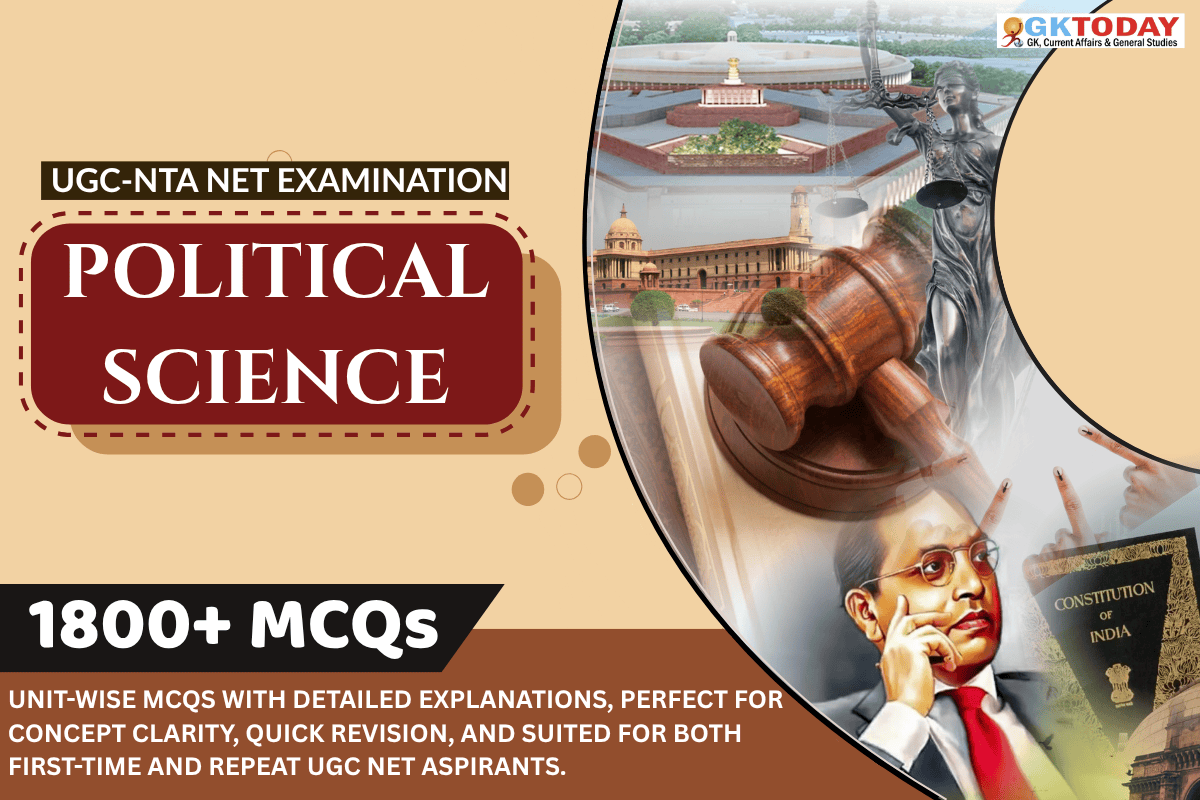Smooth-Coated Otter and Tokay Gecko
The ongoing Eighteenth Conference of the Parties (CoP18) of the Convention on International Trade in Endangered Species of Wild Fauna and Flora (CITES) has approved:
- Prohibiting commercial international trade in a species of otter, Smooth-Coated Otter native to the subcontinent and some other parts of Asia because it is considered to be facing a high risk of extinction and is detrimentally affected by international trade, as well as habitat loss and degradation and persecution associated with conflict with people (and fisheries).
- Inclusion of a species of gecko lizard, Tokay gecko found widely in South and Southeast Asia, the US, and Madagascar for protection as a species not necessarily threatened with extinction, but in which trade must be controlled in order to avoid utilisation incompatible with their survival.
IUCN Status
Smooth-Coated Otter: Vulnerable
Tokay gecko: Least Concern
CITES Convention
CITES Convention is an international agreement aimed at ensuring international trade in specimens of wild animals and plants does not threaten their survival.
CITES which entered into force on July 1, 1975, and now has 183 parties. States and regional economic integration organisations adhere voluntarily to CITES. The Convention is legally binding on the Parties in the sense that they are committed to implementing it; however, it does not take the place of national laws.
CITES provides a framework for Parties to make domestic legislation to ensure that the Convention is implemented effectively in their national jurisdictions.
Appendices
The species covered by CITES are listed in three Appendices, according to the degree of protection they need.
- Appendix I include species threatened with extinction. Trade-in specimens of these species are permitted only in exceptional circumstances.
- Appendix II includes species not necessarily threatened with extinction, but in which trade must be controlled in order to avoid utilization incompatible with their survival.
- Appendix III, which “contains species that are protected in at least one country, which has asked other CITES Parties for assistance in controlling the trade”.
All import, export, re-export and introduction from the sea of species covered by the Convention has to be authorized through a licensing system. Each Party to the Convention must designate one or more Management Authorities in charge of administering that licensing system and one or more Scientific Authorities to advise them on the effects of trade on the status of the species.




